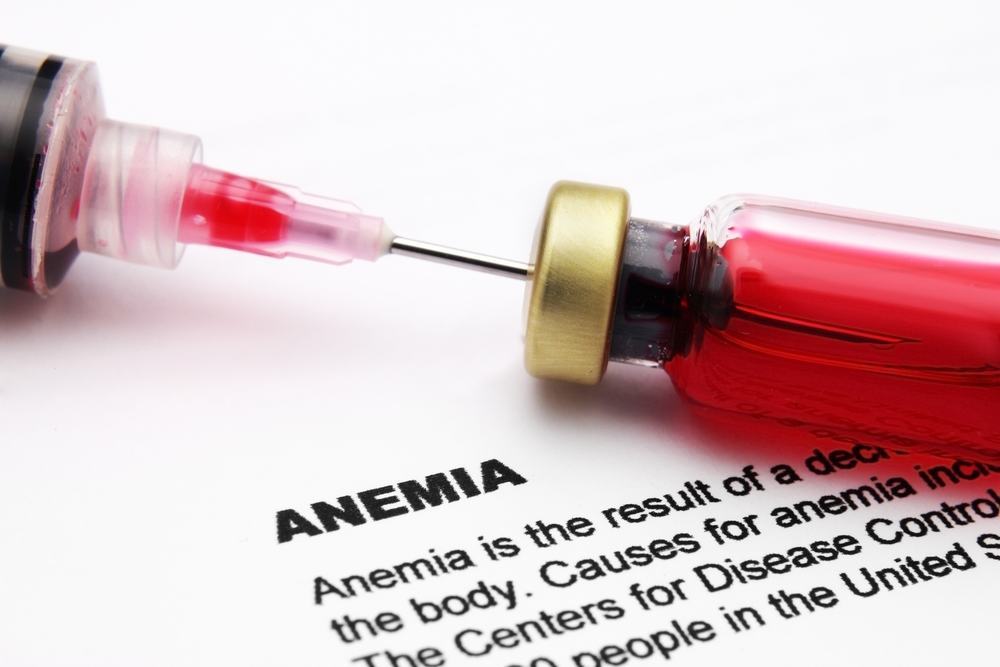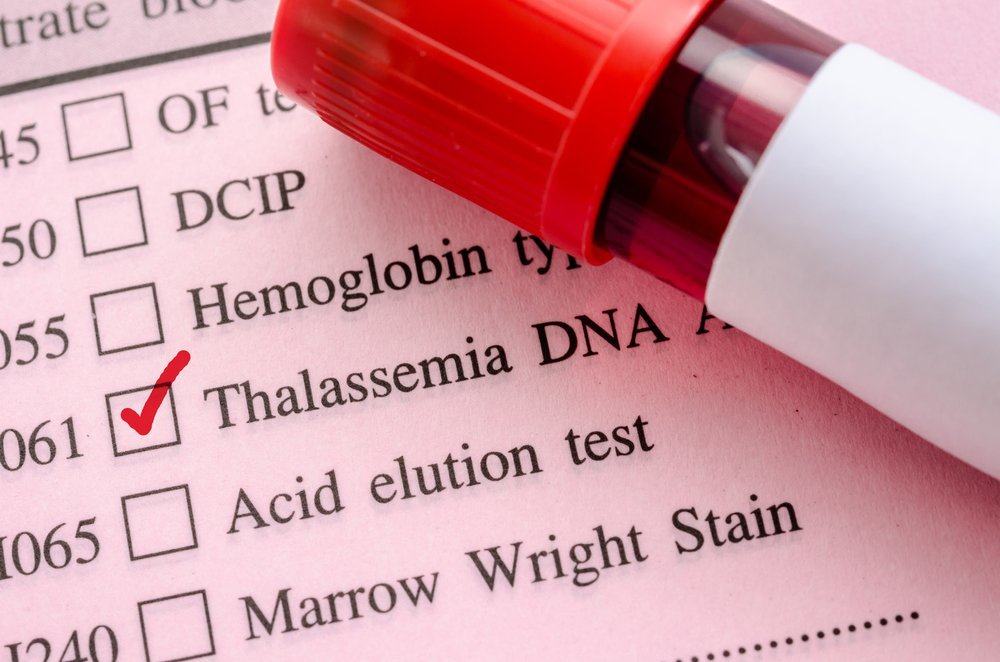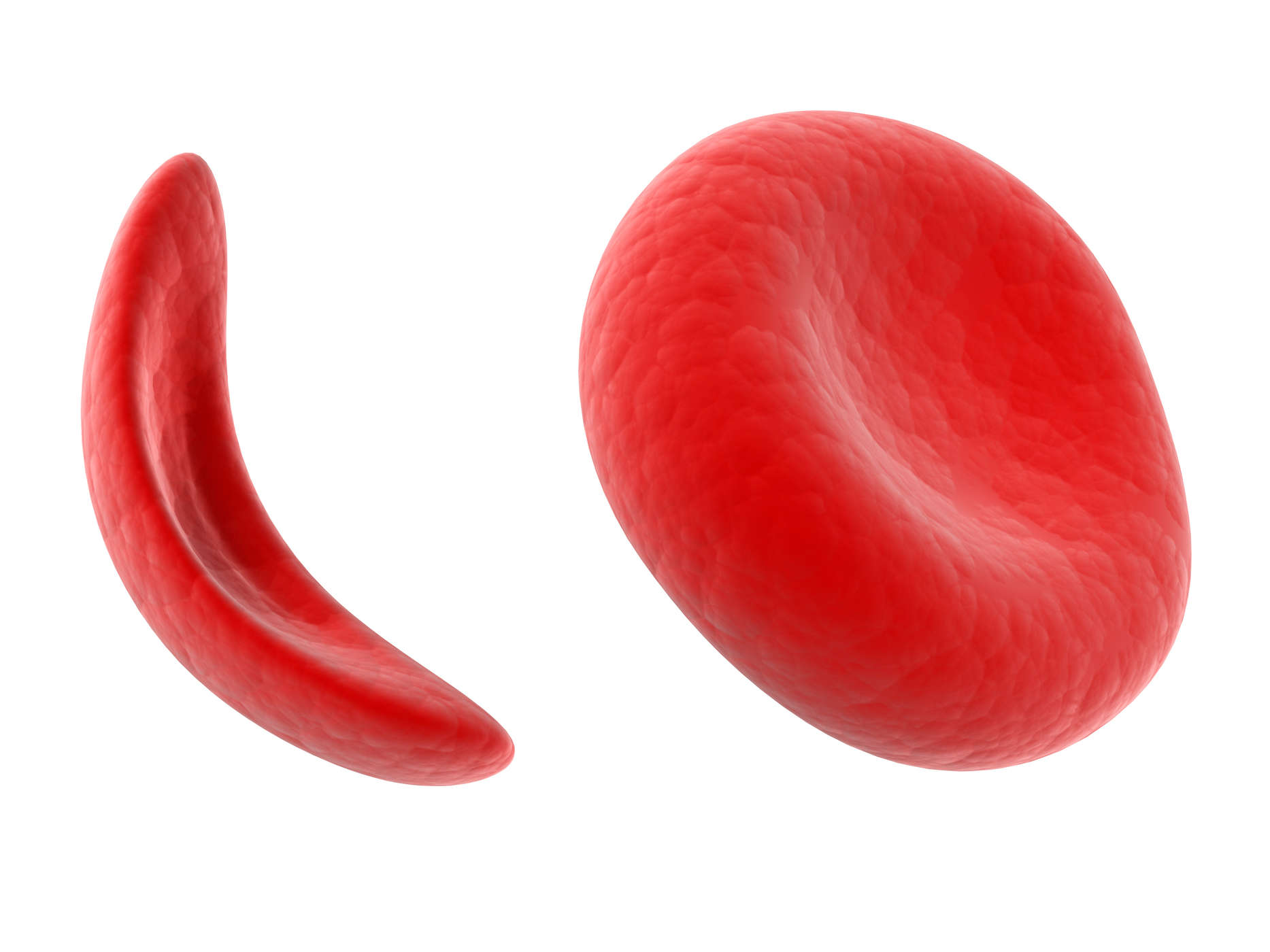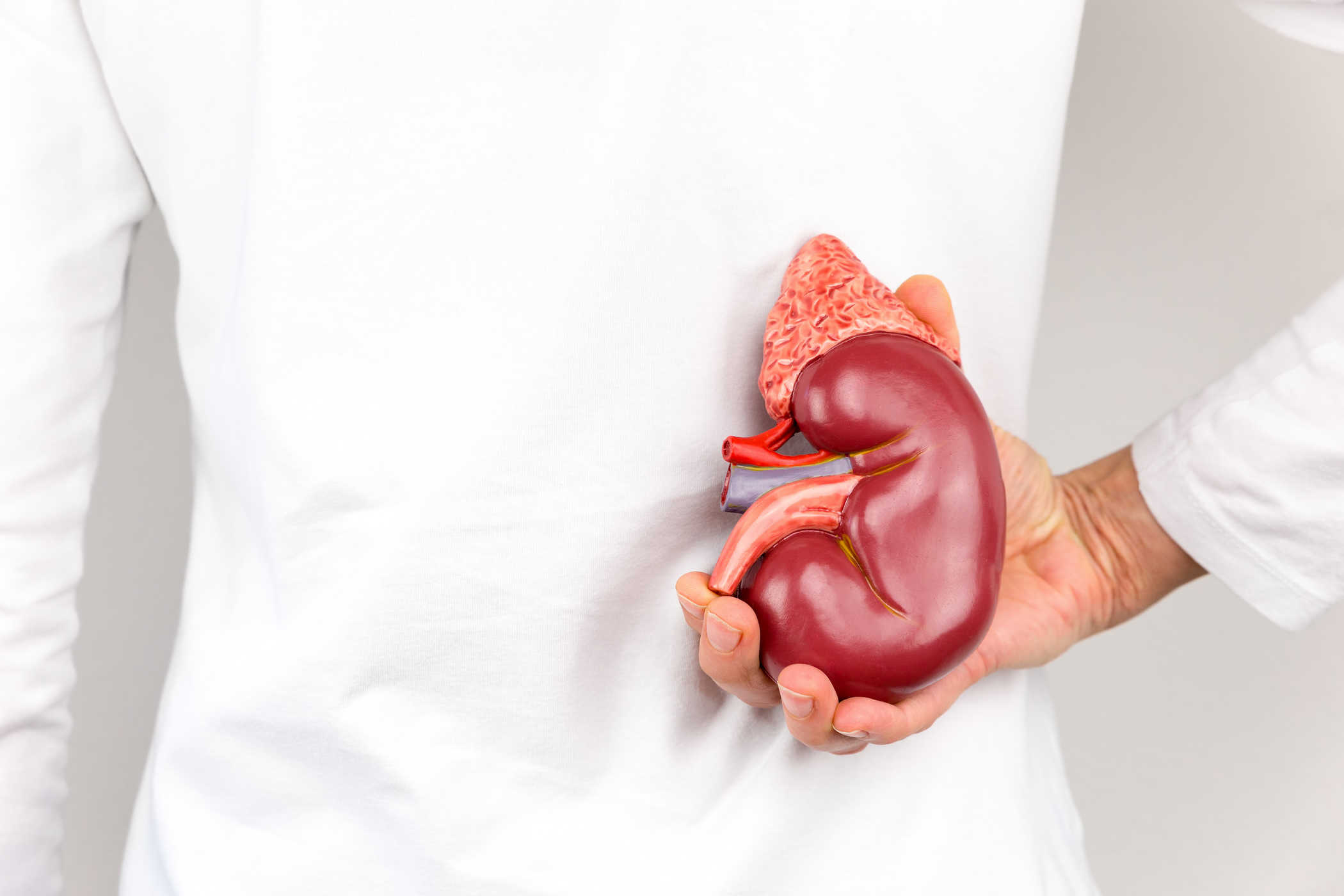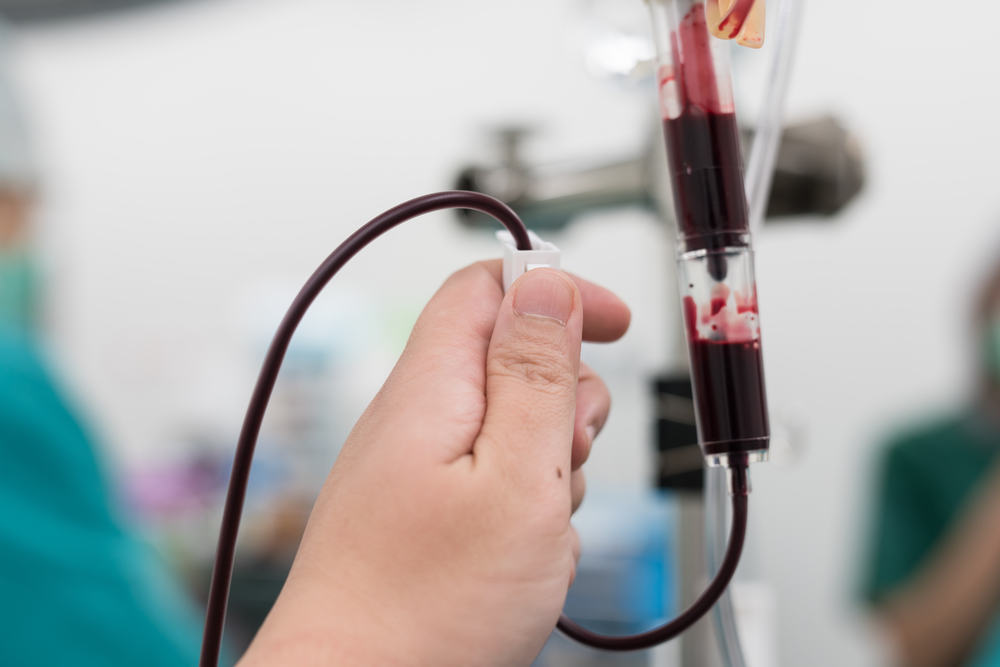Contents:
- Medical Video: Depression Risk Factors: Who Gets Depression?
- The most common risk factors for depression
- 1. Imbalance of brain chemicals
- 2. Hormonal changes
- 3. Traumatic events in the past
- 4. Having a chronic illness
- 5. Addiction to drinking alcohol
- 6. Nutritional deficiencies
Medical Video: Depression Risk Factors: Who Gets Depression?
Depression can be experienced by anyone at any age. Unfortunately, there is no definite cause of depression. But world mental health experts agree that there are various factors that can affect a person's risk of depression. Some of them cannot even be prevented. So, what are the most common risk factors for depression?
The most common risk factors for depression
Depression is likely to emerge as a result of the complicated combination of various factors which include:
1. Imbalance of brain chemicals
Depression can occur due to an imbalance of chemicals in the brain which causes very little serotonin levels. Serotonin is a compound that is responsible for regulating emotions and mood.
High serotonin levels are synonymous with feeling happy and prosperous. That's why low serotonin levels are generally associated with depressive symptoms. This type of depression is known as clinical depression.
2. Hormonal changes
Changes in hormonal balance can also be a cause of depression. Women are twice as prone to depression because of hormonal changes that occur during their lives, such as menstruation (PMDD), pregnancy, childbirth (postpartum depression), and perimenopause. Usually, the risk of depression in women will decrease after the age of menopause.
Hormonal balance problems due to thyroid disease can also trigger the appearance of depressive symptoms, both in women and men.
3. Traumatic events in the past
Bad experiences in the past such as sexual harassment, the death of a loved one, or a divorce from a parent, can develop into a trauma that is carried on for life and triggers symptoms of depression. Likewise with severe stress associated with current events, such as bankruptcy due to financial problems or breakups.
When a person is too hit and his body and mind are unable to adapt to the pressure, the risk of depression will be even higher.
4. Having a chronic illness
In most cases, ongoing stress and pain from chronic diseases such as heart disease, diabetes, or cancer, can be the cause of major depression.
So, when you're sick, the support of people around is very necessary to reduce the risk of depression.
5. Addiction to drinking alcohol
Alcohol is a powerful depressant that works to suppress the brain's central nervous system. Alcohol addiction can damage brain function for a long time, especially causing the work of the hypothalamus of the brain to be blocked. The hypothalamus is the part of the brain that is responsible for regulating the emotions and mood of the owner of the body.
6. Nutritional deficiencies
Lack of certain vitamins and minerals can trigger symptoms of depression. For example, omega 3 deficiency. Omega-3 acts to prevent brain damage and is known to prevent the risk of depression.
In addition, a diet high in sugar can also trigger a person experiencing depression.



